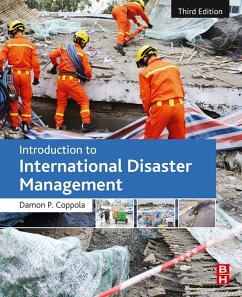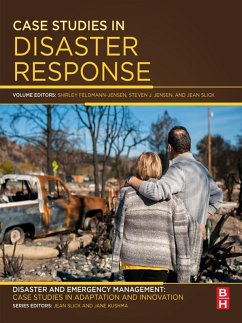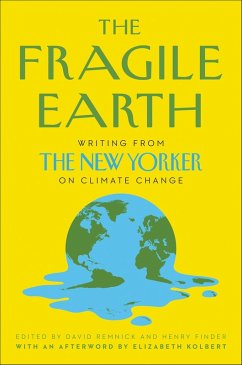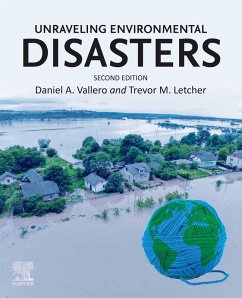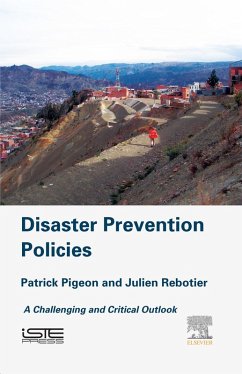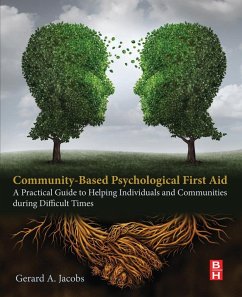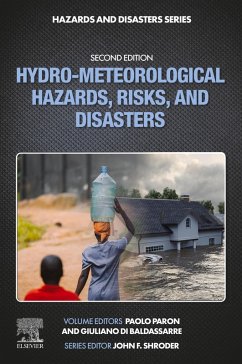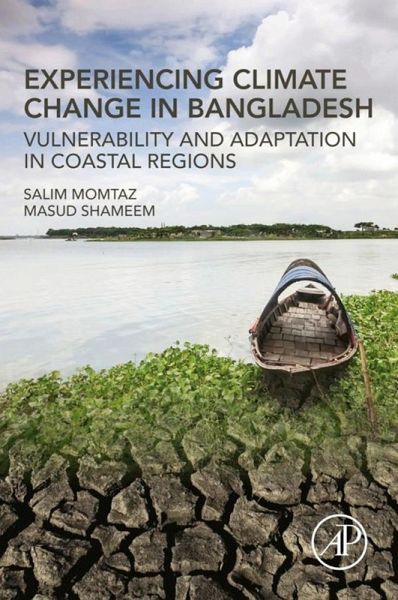
Experiencing Climate Change in Bangladesh (eBook, ePUB)
Vulnerability and Adaptation in Coastal Regions
Versandkostenfrei!
Sofort per Download lieferbar
52,95 €
inkl. MwSt.
Weitere Ausgaben:

PAYBACK Punkte
26 °P sammeln!
Experiencing Climate Change in Bangladesh: Vulnerability and Adaptation in Coastal Regions provides a conceptual and empirical framework for understanding the vulnerability of coastal communities in Bangladesh to multiple stressors and presents the process by which rural households adapt their livelihoods. The livelihoods of the poor people in many developing countries are disproportionately vulnerable to multiple shocks and stresses. The effects of climate change interacting with these livelihood disturbances further amplify human vulnerability. Future climate change is likely to aggravate th...
Experiencing Climate Change in Bangladesh: Vulnerability and Adaptation in Coastal Regions provides a conceptual and empirical framework for understanding the vulnerability of coastal communities in Bangladesh to multiple stressors and presents the process by which rural households adapt their livelihoods. The livelihoods of the poor people in many developing countries are disproportionately vulnerable to multiple shocks and stresses. The effects of climate change interacting with these livelihood disturbances further amplify human vulnerability. Future climate change is likely to aggravate this precarious situation. This book offers a solid framework for analyzing the process and components of adaptation of rural livelihoods to a changing hydro-climatic environment and presents empirical evidence of livelihood adaptation at the local level. The book creates a knowledge-base for the small island developing states (SIDS) experiencing similar socio-economic and climatic conditions. Also fills a market need by providing a conceptual framework, case studies, and reflections on lessons learned from policy responses for vulnerability reduction and adaptation to climate variability, extremes, and change. - Presents an analyses-based adaptation to climate change in a holistic way that takes into account social, economic, and environmental stressors and their interrelationships - Examines synergy between disaster risk reduction, climate change adaptation, and social protection in the context of Bangladesh - Provides examples of successes and failures in climate change adaptation invaluable for developing countries in similar situations - Fills a market need by providing a conceptual framework, case studies, and reflections on lessons learned from policy responses
Dieser Download kann aus rechtlichen Gründen nur mit Rechnungsadresse in A, B, BG, CY, CZ, D, DK, EW, E, FIN, F, GR, HR, H, IRL, I, LT, L, LR, M, NL, PL, P, R, S, SLO, SK ausgeliefert werden.





